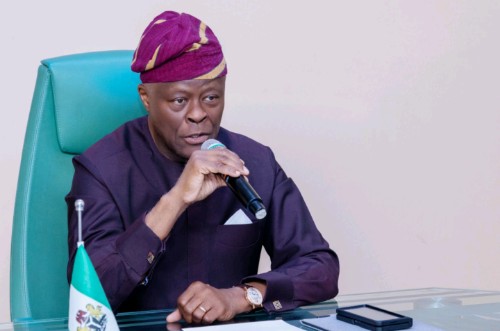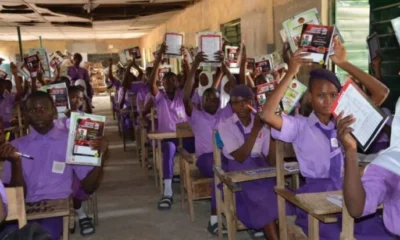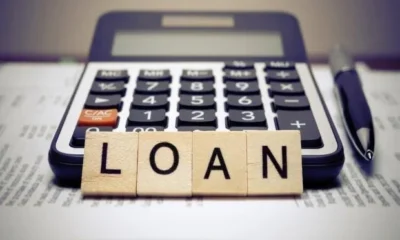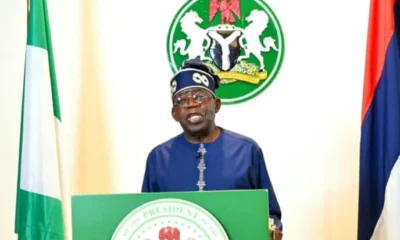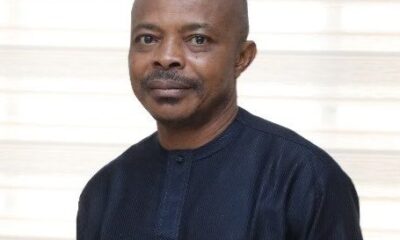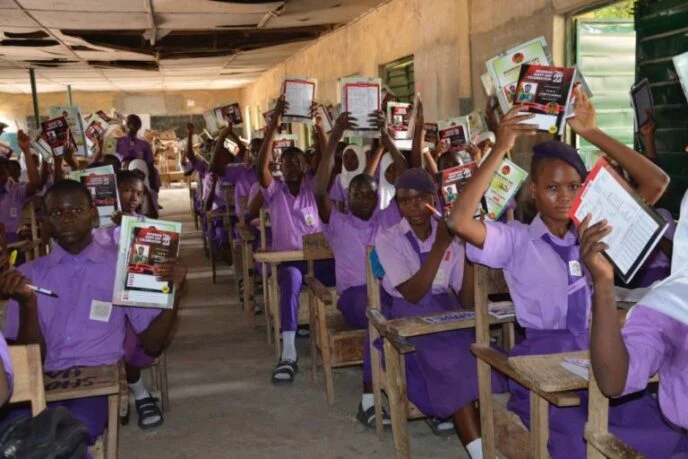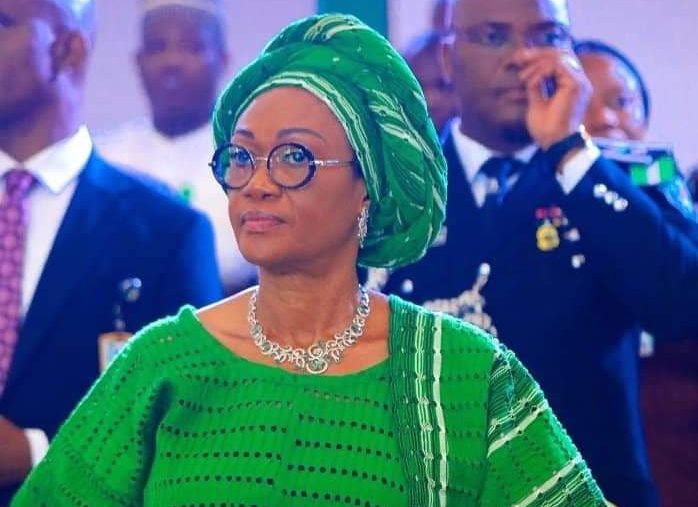Wale Edun, minister of finance and coordinating minister of the economy says President Bola Ahmed Tinubu has approved an emergency economic plan that would be implemented within the next six months.
Edun made this known on Tuesday in Abuja during the sectoral report of President Bola Tinubu’s first year in office.
He stated that the president gave the approval to further stabilise the economy.
“A fresh intervention approval from Mr. President today is the economic emergency plan for stabilising the economy and to be implemented over the next six months,” Edun said.
“This was put together by the president’s economic team, by the private sector representatives, by the sub-national or the state governments.
“We have all sat together in recent weeks and we had a package from the President’s desk this afternoon for his approval.
“Why it was afternoon was because it was this morning that we got the final clearance from a state governor who had said he wanted the final chance to review the inputs.
”With that clearance, we’re now good to go in terms of the major economic plan for mr. president to approve.”
Speaking further, the minister said the government now has enough to clear debts.
According to Edun, unlike when the administration came into power, the government did not have enough to pay its way.
He said through the implementation of technological change and procedures, the revenue of the country has been totally revamped and increased substantially.
“What that means is that the government can now pay its way. The government is paying its debt service without resulting in Ways and Means, particularly international debt service,” the minister said.
“That process that has been put in place, is one that we have mandated not just by Mr. President, but even the national assembly in passing the 2024 budget, insisted that Nigeria’s money that was in the hands of parastatals, agencies, or other enterprises needed to be brought in.
“That has been done by the government, not in as comfortable a situation as we would like to be, but onwards where we’ve paid our way domestically, internationally.”
Edun also said outstanding payments of $200 million have been made with the Islamic Development Bank in shareholding.
“Things that do not allow confidence to be built and do not allow Nigerians to have that vital place when they sit at a table and they are pulling money. All those are a thing of the past. They have all been paid out,” he added.
On economic growth, Edun said Nigeria’s economy is experiencing a positive gross domestic product (GDP) growth rate of 2.98 percent compared to the 2.3 percent growth seen in the first quarter (Q1) of 2023.
He said the agricultural sector, which is critical to the economy, is now showing marginal growth.
“This growth in agriculture provides the monetary authority with the leverage needed to stabilise foreign exchange (FX) rates,” he said.
“By continuing on this path and intensifying our efforts, we are on track to lift many Nigerians out of poverty.
“This sector’s progress is expected to play a significant role in combating inflation, especially through a favourable wet season harvest that should stabilise food prices.”
Edun said the ministry is, therefore, looking at a situation where inflation comes down.
He said when the inflation rate comes down, it would give the monetary authorities a chance to stabilise the exchange rate, as well as an opportunity for interest rates to come down and investments to come in.
This, Edun said, would in turn increase productivity, create more jobs, and reduce poverty.
Credit: The Cable.

 BIG STORY1 day ago
BIG STORY1 day ago
 BIG STORY3 days ago
BIG STORY3 days ago
 BIG STORY1 day ago
BIG STORY1 day ago
 BIG STORY5 days ago
BIG STORY5 days ago
 BIG STORY3 days ago
BIG STORY3 days ago
 BIG STORY3 days ago
BIG STORY3 days ago
 BIG STORY17 hours ago
BIG STORY17 hours ago
 BIG STORY3 days ago
BIG STORY3 days ago




